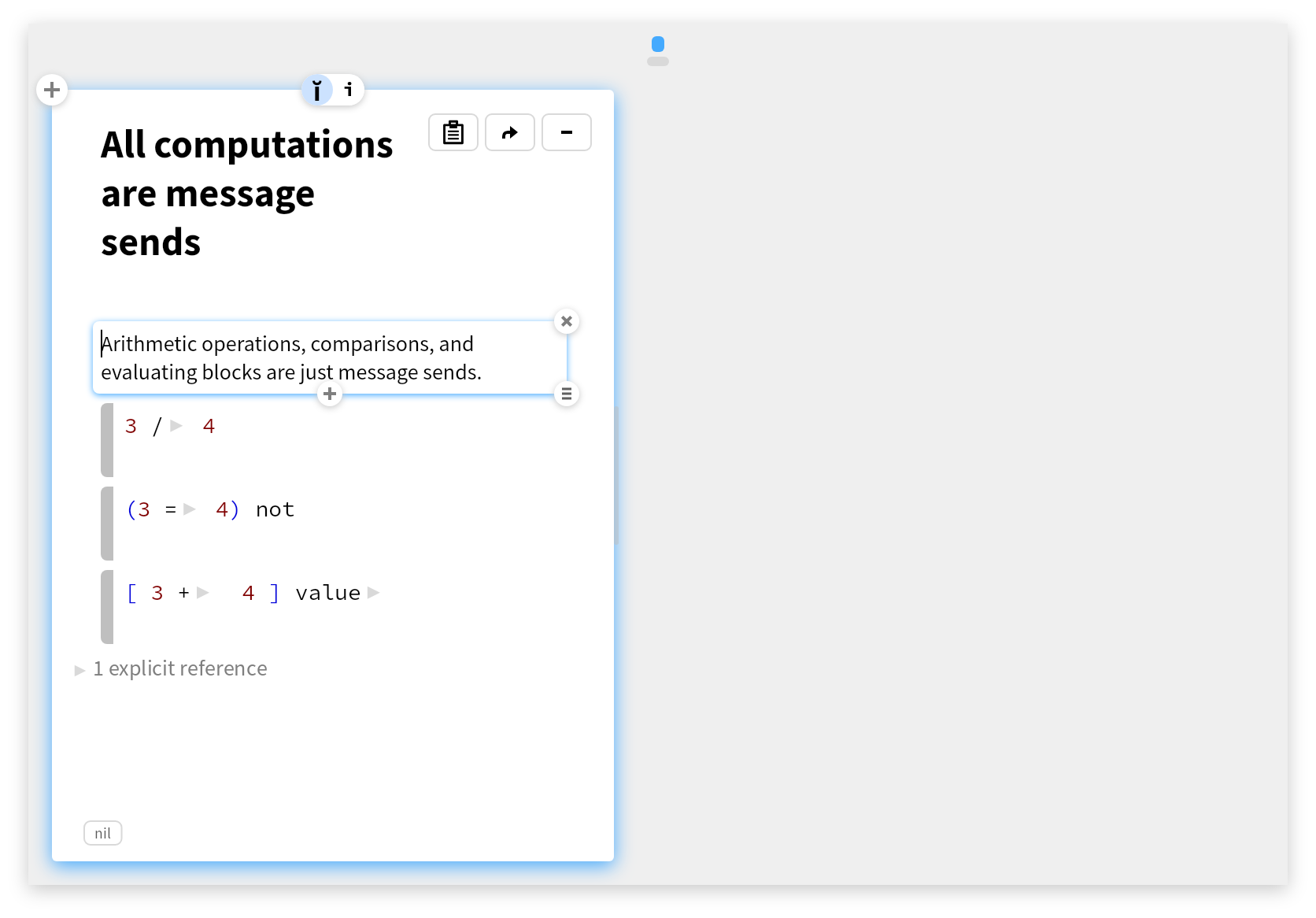Using Parallels to run GT on other platforms
Glamorous Toolkit is available for 3 platforms (Mac, Windows and Linux) and 2 cpu architectures (x86-64 and ARM64). The matrix is shown on the Glamorous Toolkit Download page. All code written in GT is cross platform.
Sometimes cross platform differences do pop up and testing on specific platforms is needed.
Most developers are on Mac where Parallels Desktop for Mac offers an easy to use, efficient and well integrated way to test GT on both Windows and Linux.


To get started, first install Parallels. Next, create a new virtual machine. Select either Windows or Linux (Ubuntu). Parallels will download the necessary OS installation images automatically. Follow all the defaults.
For Linux/Ubuntu you will have to enter a username and password. It is a good idea to install the Parallels tools inside the VM.
Now you can download a ready made GT distribution from the Glamorous Toolkit Download page. Make sure to use the correct CPU architecture (choose ARM on modern Apple Silicon M1, M2, M3 machines).
After extracting the downloaded archive, you should be able to run GT using the instructions on the download page (unzip & run). Alternatively you can click the Glamorous Toolkit executable in the bin directory. You might have to authorise or trust the executable.
The primary modified is CTRL. Copy/paste works across your Mac and a VM. There are options to share files/folders.
Though the original git repositories are not included or defined in this GT image, you can restore or fork individual git repositories from the repository registry history. Browse IceRepository
and go to the History class view, select the repository you need and click one of the actions. Additional setup might be needed (install & configure git, setup a GitHub account, set a GitHub token for forking).
As described on the Glamorous Toolkit Download pagethere is an alternative: you can do a full development build of GT which clones all git repositories. This takes up to 10 minutes.
On Ubuntu you should execute the following expression to install some required libraries before attempting the build.
`sudo apt install libgl1-mesa-dev`
On Windows the build currently has issues.